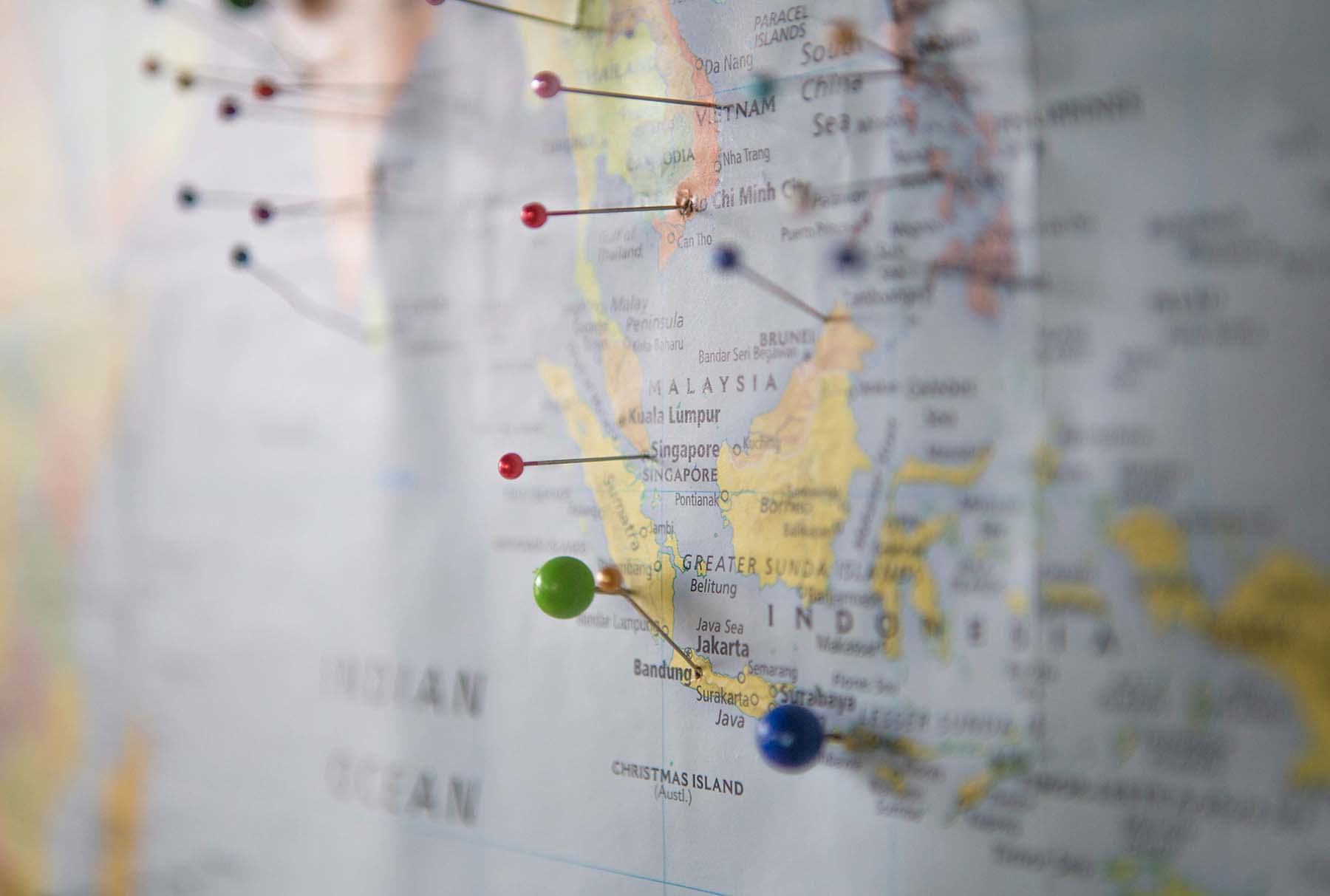Global Challenges Academy
Newcastle University is committed to working across national borders and academic disciplines to help address the development challenges facing the world today.
We work extensively with global partners inside and outside of Higher Education undertaking work towards addressing the Global Goals.
From combating air pollution in Delhi to building solar drying units in Sub-Saharan Africa, we make important discoveries to tackle today's global challenges and support the UN Sustainable Development Goals.
Global Challenges Academy
We’re proud to support the United Nations Sustainable Development Goals – seeking peace and prosperity for all people and the planet by 2030.
Our Global Challenges Academy underlines our commitment and better enables us to make our research work for sustainable development. It fosters research and partnerships to help realise the UN Sustainable Development Goals, particularly where solutions are most urgently needed.
Both University staff and our partners can share ideas, best practice and projects. This helps find evidence-based solutions to the world’s most pressing development challenges. The Academy encourages challenge-based and regionally focused research networks and provides a variety of professional development activity.

UN policy process
Newcastle University is a member of the UN Academic Impact Initiative. We also engage with the International Council for Science, which enables us to connect our research to UN processes around the sustainable development goals (SDGs).
For example, in 2017 we worked with governments and civil society partners to present a side event to the UN High Level Political Forum. This was called ‘Open, inclusive, participatory and transparent’: How can voluntary national reviews support the pledge to “leave no one behind” in implementing the 2030 Agenda? Here we looked at whether these country reports on progress made against UNSDGs are giving marginalised groups more of a voice at the national level politics.
In addition, our biodiversity research is informing the Convention on Biological Diversity on how to monitor conservation status. This will feed into the UNSDG process particularly for Goal 15, Life on Land.
